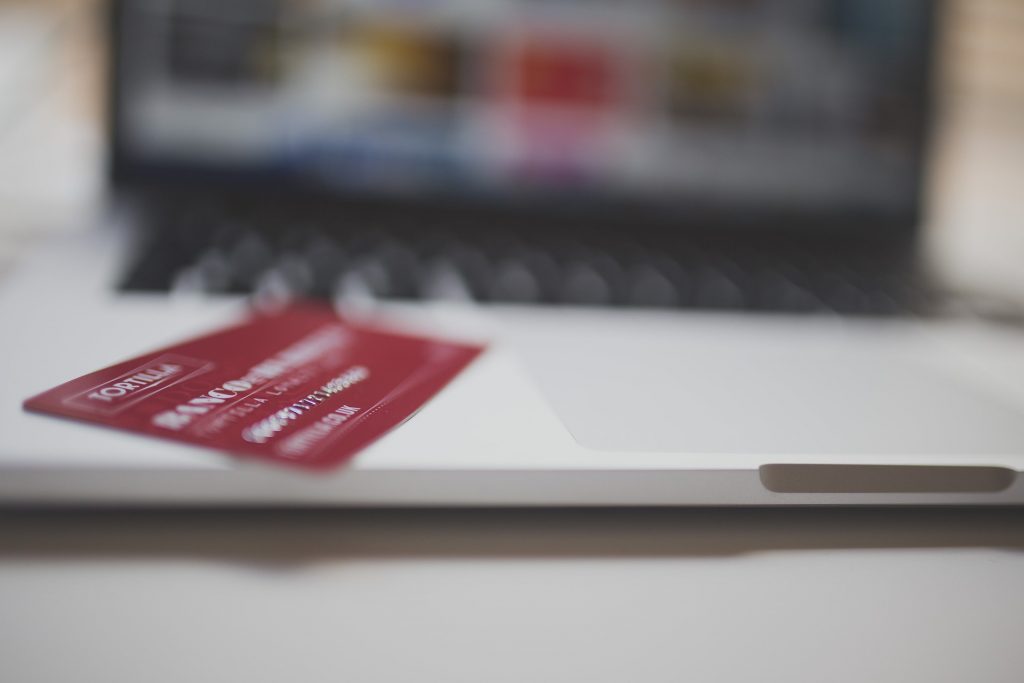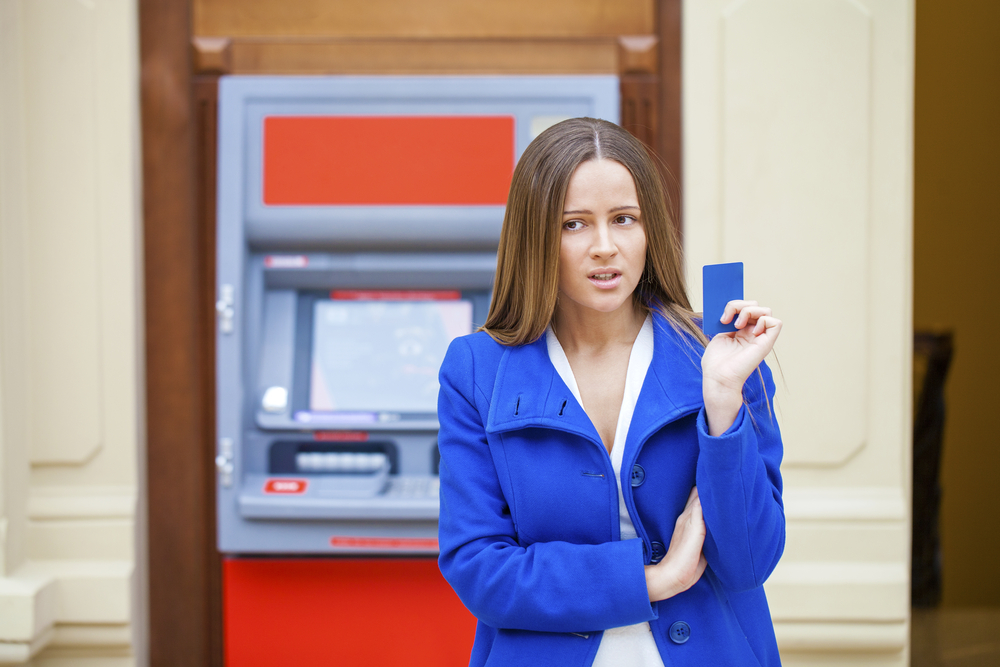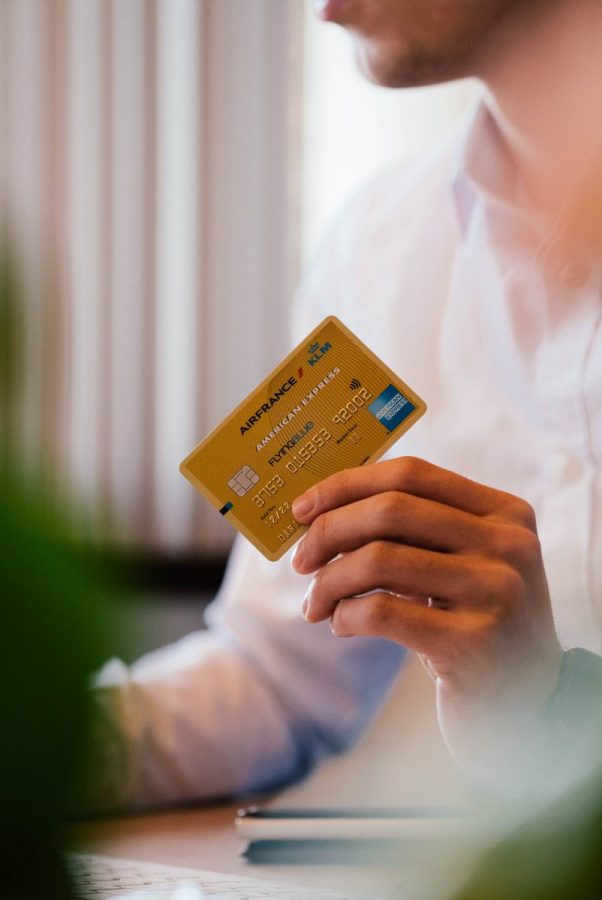To say my relationship with credit cards has been turbulent is an understatement, I’ve been in debt and I’ve been debt free, but now I’ve found a balance. At 35 years old I now know that the secret to credit cards isn’t to always use them or to never use them. It’s to use them responsibly, spend what you can afford, don’t let balances linger too long and ensure you’re always making payments. Always!
I don’t pay off my credit card every month and that’s O.K.
If you’re trying to pay off your credit card but don’t see the balances going down one of these bad habits may be the reason:
Making only the minimum monthly payments
This is simple math, if you make only the minimum monthly payments – which are usually only 3% of your outstanding balance – the balance will never get paid off. Have a look at your last monthly statement. Are the interest charges more than the minimum monthly payment? The odds are the answer is yes.
If you want your credit card balances to get paid off you will have to – by any means necessary – make more than the minimum monthly payments and definitely more than the monthly interest fees.
Continuous spending
If you spend more on your credit cards than you make in payments your balances will never be paid off. Continuous outstanding balances can only lead to continuous interest charges and I think it’s safe to say that no one wants to pay interest forever.
If you want to get your credit card balances paid off just stop spending. If you keep spending there will always be a balance on the credit card and therefore it will never get paid off. Leave your credit card at home or cut it up until your balances get paid off.
Spending more than the payments you make
Just because you have the funds available on your credit card doesn’t mean you have to spend up to the limit. If you continue to spend more than the payments you make the balance on your credit card will never be paid off.
In order for your balances to get lower spending < payments. The easiest way to keep track of this is to control your spending by keeping track of your daily purchases or to stop spending all together.
Not keeping track of spending
Setting a spending limit for yourself every month can ensure you don’t live beyond your means and put yourself in the red. When you don’t have to use the money in your bank account paying with a credit card can seem like the availability of funds are never rending, but that’s just not true.
Log in to your online banking every day and keep receipts from purchases. This way you’ll be able to track purchases and keep your spending in check. If you overspending one day you may need to spend a little less the next to ensure you don’t spend more each month than you can afford to pay off.
Outstanding balances don’t always hurt your credit score
Lots of financial experts will tell you to pay off your credit card balances every month to ensure you maintain a good credit score. I’m not so sure that’s true. If you use credit responsibly your credit card will stay intact, even if you have outstanding balances. Just make sure the balances don’t linger too long and the total amount owed stays under half of the credit limit, that’s when it starts to harm your credit score.
If you don’t know what your credit score is, you can get it for FREE from Credit Sesame. This is help paint an overall picture of your financial well being.



